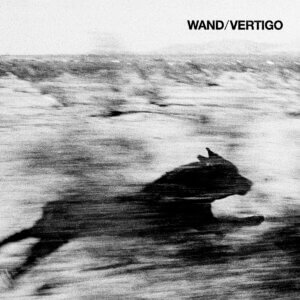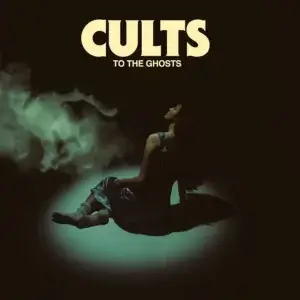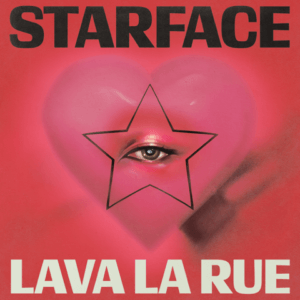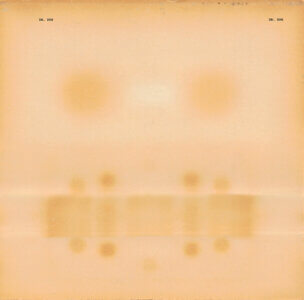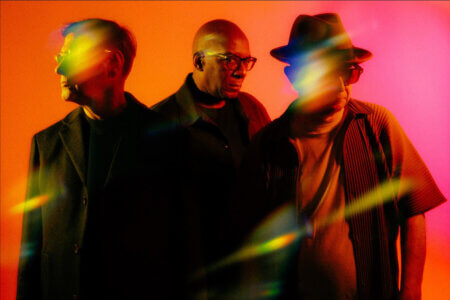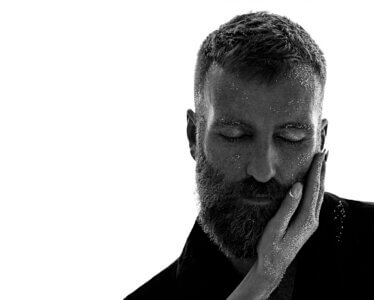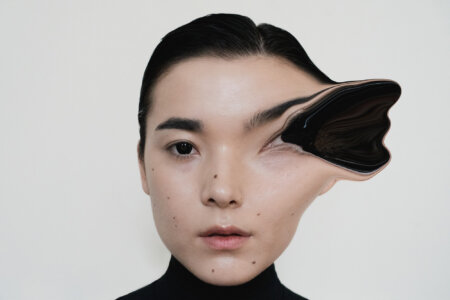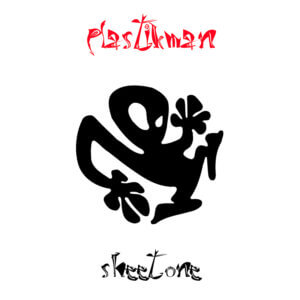José González Conserves Good Vibes
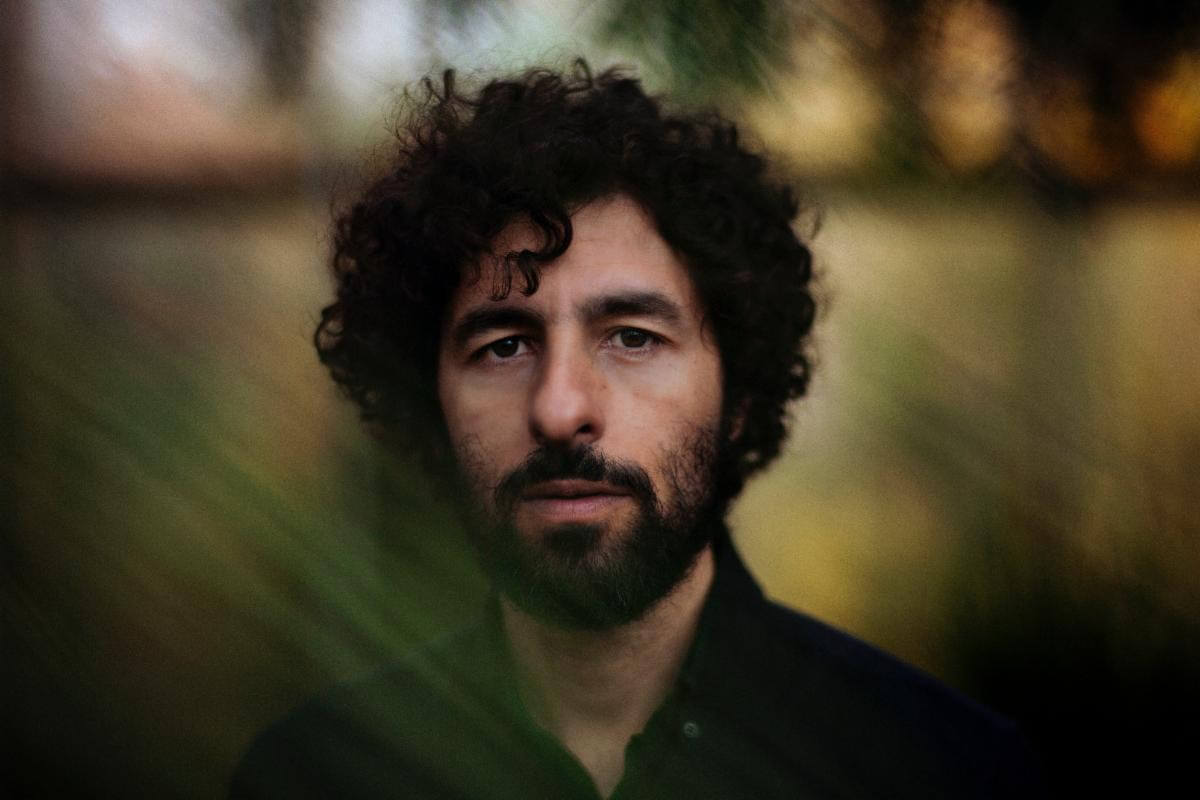
José González is a true journeyman of the craft. The pensive, amiable musician is over two decades into his prolific career, releasing critically lauded records in Junip and as a solo artist (not to mention his early hardcore days in ‘90s Gothenburg bands Back Against the Wall and Renascence).
I caught up with González as I was fixing my morning coffee in L.A. and he was wrapping up an early evening dinner in Gothenburg. (The dinner was lovely, by the way). González was working double duty as he generously answered my wordy questions and kept a watchful eye on the children running about in the background of our Zoom audio, being not only patient with me but a couple rambunctious little ones.
Northern Transmissions: Congratulations on the birth of your child! To jump right into it, how has being a father affected your music? Do you feel that you write different themes, have a different perspective on why or what you write?
José González: Thanks! Yeah, I think the past five years, having one and then two kids–and, also, as my parents are growing older–and finding myself in the middle of life…That has really affected [my music]. And not in a heavy way. It’s more of an interest–a curiousness–in a change of perspectives.
I didn’t really have a 40 year crisis, but I did change my style of living so that I could live longer, healthier. With my biochemistry [academic] background, it’s been fun to think about how to be healthy and be a good parent.
When I wrote “El Invento,” it deals with topics about our collective future and of course, I think about my childrens’ futures and the next generations. But I also think that those were topics I was thinking about many years ago. So it’s not completely out of the blue, but it did accelerate [that thinking] a bit.
NT: I’m sure the pandemic and more and more climate change crises arising put that in the forefront of your mind.
JG: I had most of the album ready before the pandemic came, but a song like “Visions” was very inspired by effective altruism, where they try to pinpoint the biggest threats to humanity and try to find solutions–or the lack of solutions. I’ve been online watching lectures and discussions way before this pandemic. Man-made or natural pandemics should be really high up on the list of things that we need to be better prepared at. Since I studied viruses, I’ve also heard experts say that we’re not prepared for a bad pandemic. So that didn’t come out of the blue either, unfortunately.
NT: Speaking about the perspective shift, I wanted to talk about the album artwork because I feel like it’s a big tonal shift from previous records.
JG: Hannele Fernstrom, [renowned Swedish designer and Jose’s wife] did some artwork for Junip and previous solo albums. And for this album, I felt it should be more colorful, and so did she. Not grey or beige. [laughs] We were inspired by Josef Frank, who did textile designs that have similar types of artwork with black backgrounds with leaves and animals and bright colors.
NT: I love the artwork by the way. It’s a little more playful and earnest [than previous covers], almost childlike, and I mean that in a really positive way. It seemed like something that I would fall in love with as a child. The theme, “Local Valley,” is that an homage to Earth being our Local Valley?
JG: Yeah, that’s definitely the main image I have for the title. Our collective Local Valley, this little rocky planet that is in this huge space that is so uninhabitable. It’s crazy how we treat each other or how we treat our Goldilocks space.
NT: Have your kids seen the album artwork?
JG: Yeah, Laura likes it and she saw Hannele while she was working–the elephants and the monkeys. It was a playful collaboration from start to finish. It felt like something that you’d see in a book teaching children about holistic
environmental practices [laughs], so I felt that it was just a really apt album cover. For just a cover, that’s cool if you got that much out of it. Regarding the songs themselves, I know that
NT: “El Invento” is the first Spanish language song you’ve recorded for your solo career. What made you want to do a Spanish language song?
JG: Spanish is such a big part of who I am, and many of my influences are from Latin America, so I’ve been wanting to write in Spanish for a while. I feel a little bit weird that I didn’t do it earlier. Many times I was on tour in Argentina or Spain, I would have fans come up and say, “Oh you should write something in Spanish!” And I would say, “Yeah, sure!” But I never really got to it, so I just felt like it was about time. And I didn’t really get stuck as much as I used to back in the days with other songs. It flowed better and the time was right.
NT: Do you feel that it’s easier to write in Spanish? Is there more of a poeticism to Spanish to English? Or are they just different colors to paint with?
JG: I would just say they’re different. I tackle writing in all three languages in a similar way. The words that you find that rhyme [in Spanish] are different, so usually I don’t decide what the song should be about before I get started. I start with a couple of words or a couple of sentences and see where that leads you. All three languages can be poetic or direct.
NT: I noticed on “Head On” the lyrics are kind of a soothing mantra mixed with a call to action and it goes back to that “The Personal Is Political” idea. Does that resonate with you? Is it something that you intentionally try to do in your music?
JG: Yeah, it’s something that I didn’t do that much with my earlier albums. I was definitely into it with my hardcore band, the whole straight-edge/vegan movement in the ‘90s. But with my solo albums, I was trying to keep these worlds separate. But with the last album, with a song like “What Will,” and with this album with “Head On” I felt like I was revisiting a style of short sentences, accusative tone and also call-to-action.
It’s a style that I enjoy a lot in other bands. When I was younger, I really enjoyed it in Rage Against the Machine and other hardcore bands. Also in artists like Silvio Rodriguez, with his revolutionary tone mixed with romantic lyrics. I didn’t feel like I needed to do that myself, maybe until now, mainly because I’ve been reading so many books and I have stuff I actually want to say [laughs].
NT: What books have really stuck out to you during this process?
JG: One that I try to mention a lot is by Toby Ord–The Precipice. He’s one of the Oxford researchers that started the Effective Altruism Movement, based on many of the thoughts of Peter Singer, who started writing about these global health issues really early on. But the Effective Altruism Movement has also blossomed into not only that, but thinking about our biggest threats to humanity and our best ways to tackle those threats. So that book has been a great call-to-action.
NT: Do you ever feel that you get overwhelmed with all this news on climate disasters? I definitely get overwhelmed with these seemingly apocalyptic news stories constantly.
JG: I think that’s a big issue for many people, especially the youth. When I mention this book, it’s based on the best current knowledge because it has been surveyed by so many different experts. So what’s calming to me, when I read these books, is that you get a sense of the scope of the problems–which can be huge–but you also get a sense of what needs to be done. And it can be easier than we think, if only we collaborate. So by reading about these topics, you can hear the news, but then you have a framework for thinking about these topics without feeling too heavy or hopeless about it.
NT: Switching gears, I wanted to talk about your music over the past two decades. You’ve had a very prolific career so far. What transformation do you feel has happened since you released your first solo albums in the early aughts? Is there something you’ve intentionally tried to do or is it more organic?
JG: I feel like I’ve been having parallel careers [with Junip and my solo career]. With my solo music, I’ve been wanting to keep it similar from album to album, with slight variations. So I’ve beeN adding more influences from Western Africa over the years. I’ve also been experimenting with layered guitars. With this album, I wanted to go back to the first album, where I had short songs. I’ve noticed that long songs work really well in live settings. So I wanted to go back to short ones, inspired by Nick Drake, The Beatles…the short format, less-is-more thing. Combining that with influences from Congo, the Caribbean (with the drum machines), and more harmonies.
And you ask, “What are the reasons?” And I think it’s just a natural evolution of listening to a lot of music and asking who I want to be as an artist, what I want to grow old with. And that’s when I’m switching to more percussion so I can invite friends on stage and make it more groovy. And with this album, being able to still play on my own, and deliver those grooves with the drum machine this time. And also switching towards more outward looking and happier moods that’ll
be fun to grow old with.
NT: I really appreciate you talking with me and listening to my long-winded questions [laughs]. You make this an easy and enjoyable job.
JG: That’s great. Thanks for talking, have a great rest of your day.
Jose Gonzalez’s new album, Local Valley, is available 9/17 via Mute
Latest Reviews
Tracks
Advertisement
Looking for something new to listen to?
Sign up to our all-new newsletter for top-notch reviews, news, videos and playlists.
